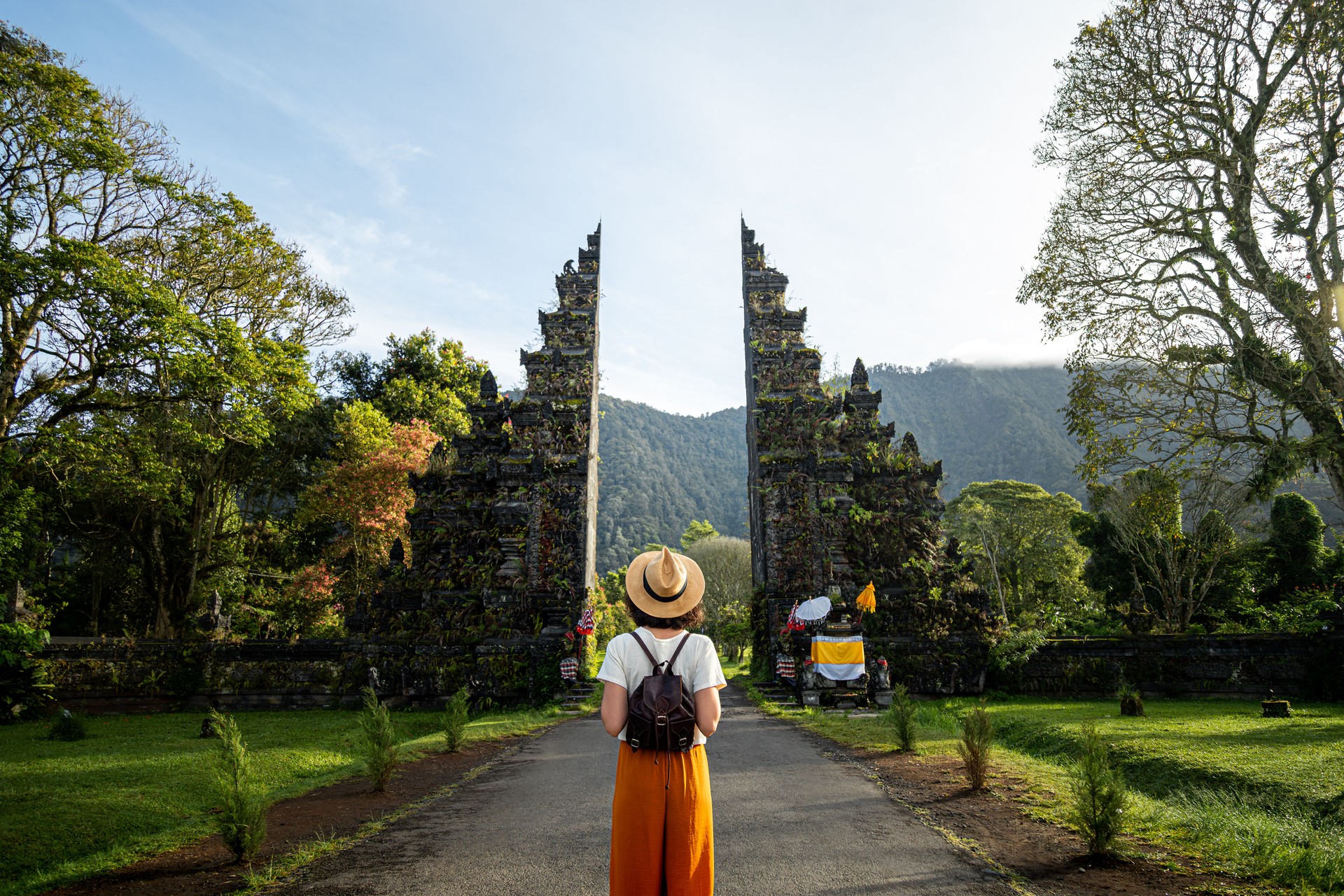Cultural Etiquette 101
Travel with Respect, Connect with Heart
At Tripstagram Travel Co., we believe that travel isn’t just about seeing new places; it’s about experiencing them with awareness and respect. Understanding local customs and etiquette allows you to connect more deeply with the people and cultures you encounter, creating moments that are authentic, meaningful, and memorable.
Why Cultural Etiquette Matters
Every destination has its own rhythm, values, and social norms. What feels natural at home may be considered impolite elsewhere. Taking the time to learn basic cultural etiquette not only shows respect, it can also open doors to richer experiences, deeper friendships, and smoother travel.
As the saying goes, “Wherever you go, go with an open heart and an open mind.”
1. Greetings Around the Globe
How you say hello can set the tone for your entire interaction.
- In Japan, a polite bow replaces a handshake, along with a polite greeting such as “Kon’nichiwa,” which translates as “hello” or “good day.” In the evening, the greeting is “Konbanwa,” which translates to “good evening.”
- In France, a light kiss on both cheeks (la bise) is a common greeting among friends and family. You can begin your greeting with a simple “bonjour” during the day or “bonsoir” in the evening.
- In many Middle Eastern countries, greetings are warm but may avoid physical contact between men and women. Greetings vary depending on the region, but a common greeting is “As-salamu alaykum,” which translates as “peace be upon you.” You could also say “Marhaba,” which means hello and is commonly understood across many regions.
- In Latin America, handshakes or brief hugs are a sign of genuine connection. You can offer a handshake and a friendly “Hola!” This translates to “hello.” You can also say “Buenos Dias!” This common greeting translates to "good morning.”
When in doubt, follow your host’s lead. Remember, a friendly smile is always universal.
2. Dining Do’s and Don’ts
Meal customs vary widely across the world.
- In Asia, avoid sticking chopsticks upright in rice—it symbolizes death and is associated with funerals.
- In Europe, keep your hands visible on the table rather than in your lap. It is a sign of transparency and good intentions.
- In India or Africa, eating with your right hand is customary—the left is reserved for other purposes such as personal hygiene.
- In the Middle East, sharing food is a gesture of hospitality; accepting is a sign of respect.
Savor the experience and express gratitude; it’s one of the simplest ways to honor your hosts.
3. Dress with Cultural Awareness
Respectful dress isn’t about restriction; it’s about understanding the culture you’re entering.
- Religious sites often require covered shoulders, legs, and sometimes hair.
- Beach attire may be appropriate in resorts but frowned upon in local towns.
- Conservative countries may appreciate modest clothing regardless of the weather.
Tripstagram Travel Co. provides destination-specific packing tips, so you’ll always feel comfortable and confident while honoring local norms.
4. Photograph with Permission
Not every moment is meant to be captured. In some cultures, photographing people, religious ceremonies, or sacred sites can be considered intrusive or disrespectful.
Always ask first, and if someone says no, honor their wishes.
5. Language and Communication
You don’t have to be fluent, but learning a few key phrases like “hello,” “thank you,” and “please” can go a long way.
It shows humility and respect and often earns you warmer smiles and better service.
Tripstagram provides basic language cheat sheets for many destinations upon booking, helping you connect authentically wherever you go.
Pro Tip: Travel as a Global Citizen
Be mindful of local customs, environmental impact, and community values. Support local artisans, eat at family-owned restaurants, and engage with respect.
Small actions—like dressing appropriately, greeting warmly, and tipping fairly (if tipping is a part of their culture)—make a world of difference.
Travel Deeply, Not Just Widely
When you travel with respect, every destination becomes more than a photo op; it becomes a lesson, a connection, and a story worth sharing.
At Tripstagram Travel Co., we believe respectful travel leads to unforgettable experiences and lifelong memories.
